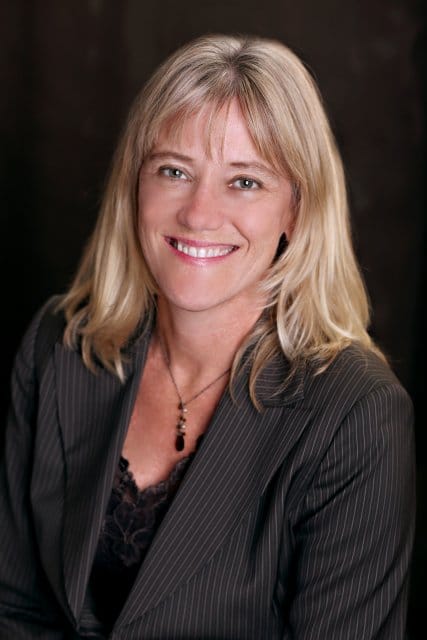
Removing tumor cells with a magnet? It may sound strange, but researchers at Children’s Hospital Los Angeles (CHLA) and their colleagues recently explored whether this technique can create better outcomes for patients with high-risk neuroblastoma, which carries a less than 50 percent chance of survival for children who are diagnosed.
In a recent study published in The Lancet Oncology, Judith Villablanca of The Saban Research Institute of CHLA, Susan Kreissman of Duke University Medical Center and colleagues reported the results of a randomized phase 3 clinical trial conducted by the Children’s Oncology Group that involves this disease.
To fight this relatively common solid tumor, doctors remove immature blood stem cells, administer high-dose chemotherapy and then reinfuse blood stem cells to replace the ones killed during treatment.
Since patients with tumor cells mixed in with these immature blood stem cells tend to have worse outcomes, researchers wondered if they could improve survival by purging the tumor cells from the mix.
To answer this question, co-authors Robert Seeger from CHLA, Patrick Reynolds from Texas Tech University Health Sciences Center and a team of researchers used antibodies to attach the tumor cells to magnetic beads. They then used strong magnets to remove the tumor cells.
The study showed that purging stem cells prior to transplant did not significantly affect patient survival, suggesting that other tumor sites in their bodies were not effectively treated by the high-dose chemotherapy. This new information allows future investigations to focus on new therapies that are more effective at killing resistant tumor cells throughout the body.
A second important finding in the study was that patient survival wasn’t decreased by eliminating total body irradiation (TBI), a treatment that can cause side effects including cataracts, short stature and abnormal tooth development.
“This study illustrates the importance of clinical trials developed as a partnership between lab scientists and clinical researchers to create optimal therapies for treating children with cancer,” said Villablanca, principal investigator and professor of clinical pediatrics at the Keck School of Medicine of USC. “Each successive trial builds on the previous one, allowing us to continuously be working on safer and more effective treatments.”
Other co-authors include Richard Sposto of CHLA; Katherine Matthay and Daphne Haas-Kogan of the University of California, San Francisco; Wendy London and Lisa Diller of Dana-Farber Cancer Institute; Stephan Grupp and John Maris of Children’s Hospital Philadelphia; Michael La Quaglia of Memorial Sloan-Kettering Cancer Center; Alice Yu of Rady Children’s Hospital; Allen Buxton of Children’s Oncology Group; Julie Park of Seattle Children’s Hospital; and Susan Cohn of University of Chicago.
The National Cancer Institute and Alex’s Lemonade Stand Foundation for Childhood Cancer provided funding for this study.
